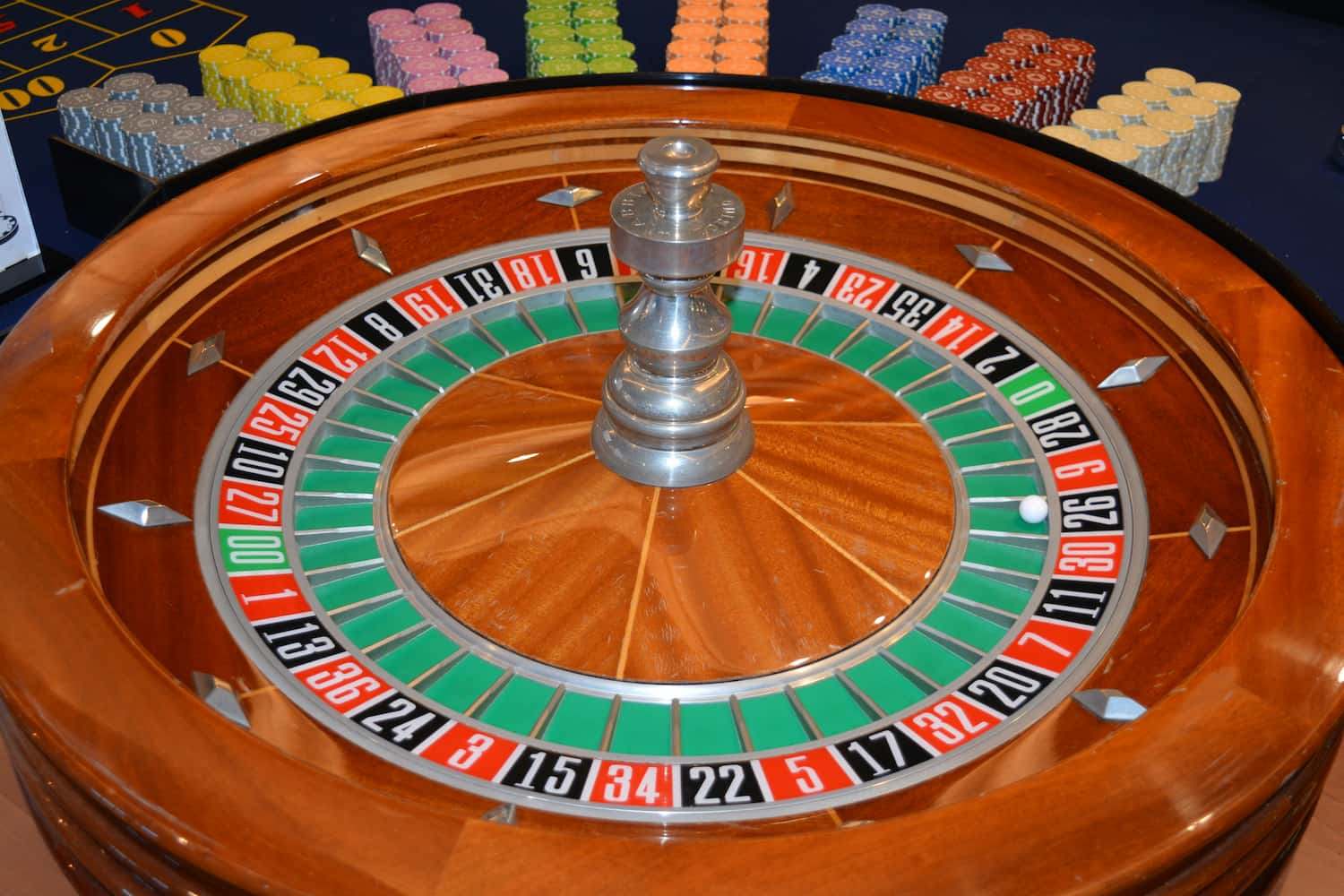Gambling has been part of human history for thousands of years. From simple dice games played in ancient times to the massive casino resorts we see today, the industry has come a long way. Now, with the rise of online gaming platforms like 22Bet, players can enjoy casino games from anywhere in the world. But how did we get here? Let’s take a look at the fascinating journey of casinos through history.
Ancient Gambling Houses
The earliest evidence of gambling dates back over 5,000 years. Archaeologists have found dice made from bones and stones in Mesopotamia, indicating that early civilizations enjoyed games of chance. The Chinese also played gambling games similar to modern lotteries, using them to fund government projects. The Romans and Greeks were known for their love of betting on chariot races, gladiator fights, and dice games.
Even though gambling was popular, it was often regulated or banned by rulers who feared its impact on society. However, people found ways to gamble in secret, proving that the thrill of betting has always been irresistible.
The First Casinos in Europe
The concept of organized gambling houses began in Italy in the 17th century. In 1638, the Ridotto was established in Venice, becoming one of the world’s first legal casinos. It provided a controlled environment for gambling, allowing the government to oversee the activity.
France also played a significant role in casino history. The French introduced games like roulette and baccarat, which remain casino favorites today. By the 19th century, elegant casinos in Monte Carlo and Germany became attractions for wealthy gamblers looking for entertainment and luxury.
Las Vegas and the Rise of Modern Casinos

While Europe developed casino culture, gambling in the United States followed a different path. In the early 20th century, gambling was largely illegal, but underground casinos operated in major cities like New York and Chicago. Everything changed in 1931 when Nevada legalized gambling, paving the way for Las Vegas to become the world’s gambling capital.
By the 1950s and 1960s, famous casinos like The Flamingo, The Sands, and Caesars Palace turned Las Vegas into a top entertainment destination. These resorts combined gambling with luxury hotels, live music, and fine dining, attracting millions of visitors.
The Digital Revolution and Online Casinos
The 1990s brought a new era of gambling with the rise of online casinos. The internet allowed people to play casino games from their computers, and later, their smartphones. Today, online casinos offer thousands of games, live dealers, and mobile-friendly platforms, making gambling more accessible than ever.
The Future of Casinos
Casinos continue to evolve with technology. Virtual reality, cryptocurrency payments, and AI-driven gaming experiences are shaping the next generation of gambling. Whether in glamorous resorts or through digital platforms, casinos remain a major part of global entertainment, ensuring that the thrill of gambling will never fade.




Leave a Reply